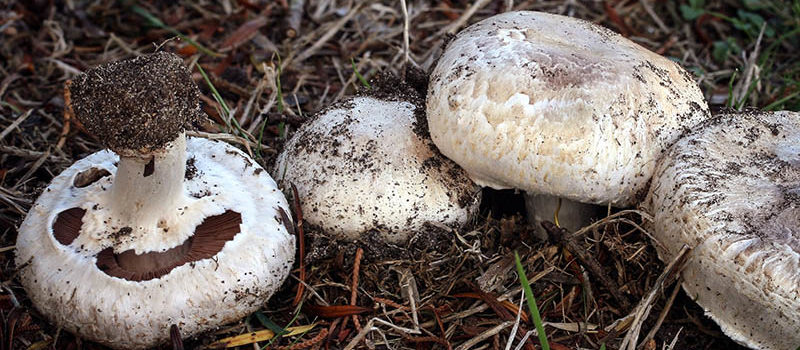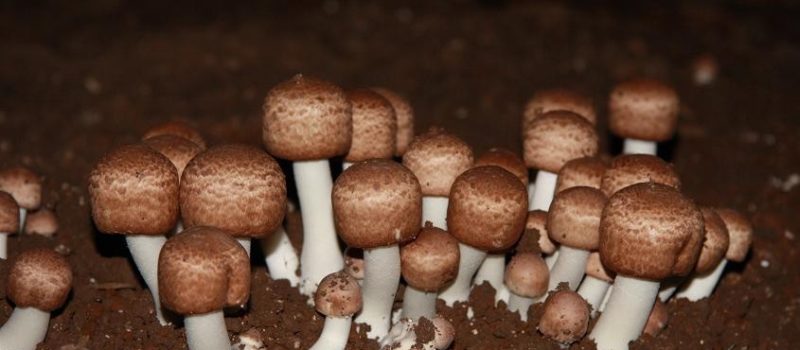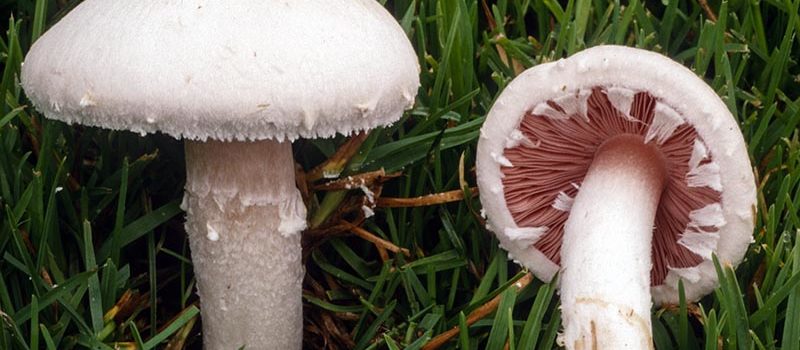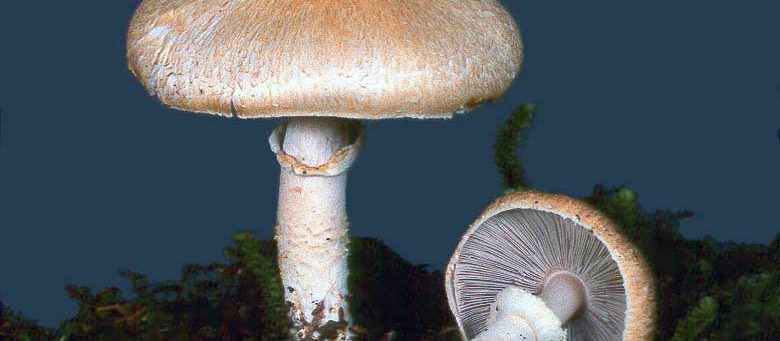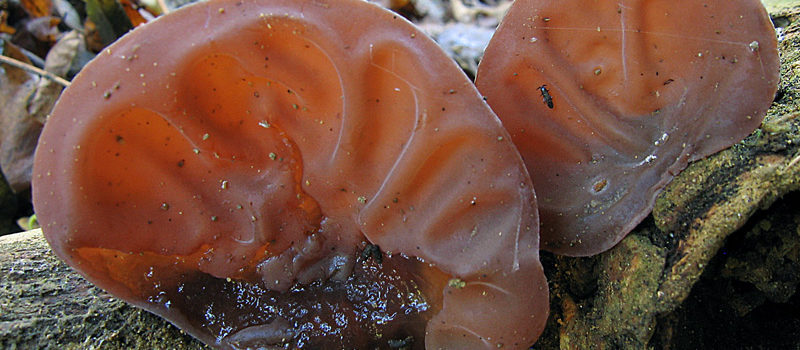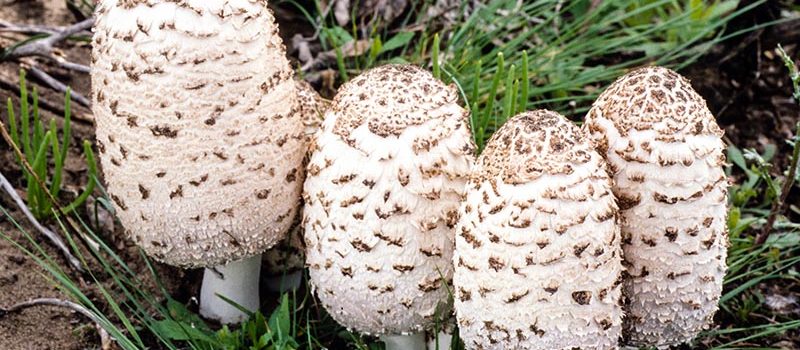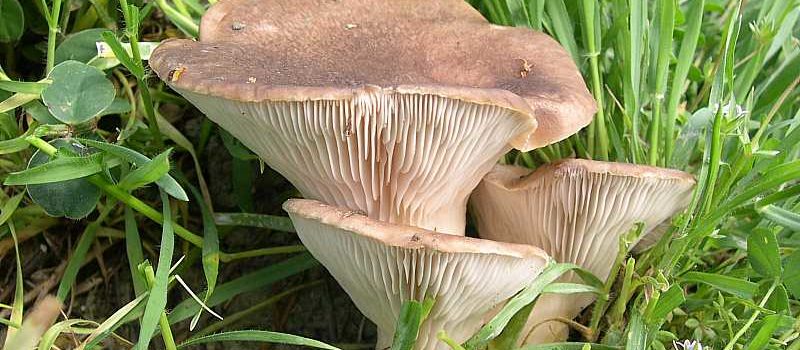INFLUENZA PANDEMIC (H1N1) 2009 (64): CANADA, VACCINATION UPDATE *************************************************************** A ProMED-mail post <http://www.promedmail.org> ProMED-mail is a program of the International Society for Infectious Diseases <http://www.isid.org> Date: Sun 4 Oct 2009 Source: The Canadian Press (CP) [edited] <http://www.google.com/hostednews/canadianpress/article/ALeqM5gPz7AwhAlmZF7pAyHmP0GWejWPHg> No need to change vaccine policy based on Canadian flu data: WHO ---------------------------------------------------------------- International influenza vaccine experts are apparently not convinced that Canadian researchers have found a true link between getting a seasonal flu shot and catching swine flu [see: ProMED-mail posting "Influenza pandemic (H1N1) 2009 (59): Canada, vaccination 20090929.3400"]. The consensus that emerged from a World Health Organization (WHO) teleconference Friday [2 Oct 2009] on the controversial data seemed to be that the Canadian findings are likely due to some confounding factor or factors in the data themselves and may not reflect a real increased risk, according to a WHO official who helped pull together the meeting. "From a WHO point of view, the fact that the findings are not replicated in other countries I think is reassuring for us that this is an outlier, if you like, the unexpected findings that are coming out of Canada," said David Wood, coordinator of the quality, safety, and standards team of WHO's department of immunization, vaccines, and biologicals. "Most people are still looking at this as some sort of undetected confounding in the data, that for some reason is giving the results that are there." In an interview from Geneva, Wood was diplomatic. But when pressed, he did admit most experts on the call didn't seem to believe that the unpublished study, based on data from British Columbia, Quebec, and Ontario, had found a true link between getting a seasonal flu vaccine and having an increased risk of coming down with a mild case of H1N1 flu. "Well, yeah," he said. "It's a totally unexpected finding." "So I think people do then try to think: 'Well, why is this happening? Are there some effects that are just not being detected that are really behind this?' Because it is an unexpected finding. That's the way people tend to think." The work, which is [reportedly] being considered for publication by a medical journal, contributed to decisions by most provinces and territories to stagger or delay their seasonal flu shot efforts this fall [2009]. Instead of launching full-fledged seasonal flu vaccine programs in October [2009], most have announced they will offer seasonal shots in October only to seniors -- who aren't currently at high risk from the pandemic H1N1 virus -- and residents of long-term care facilities. After pandemic vaccination efforts are completed, most of those provinces plan to offer seasonal vaccine more broadly. A couple of jurisdictions -- Quebec and Nunavut -- will wait until after they've completed their pandemic vaccination efforts before offering seasonal flu shots. At the other end of the spectrum, New Brunswick is going ahead with its regular seasonal flu shot campaign before offering pandemic flu shots. The Canadian findings, which are reportedly mirrored in data from Manitoba as well, suggest that people who got a flu shot last fall [2008] were twice as likely as people who didn't to contract swine flu. But the association, if it is real, is to mild disease. There is no evidence that people who got seasonal flu shots are more prone to develop severe illness if they catch the new H1N1 virus. Scientists from the United States, Britain, and Australia have looked at their data but didn't see the same effect. A number of scientists have speculated that the Canadian data may have some built-in confounders -- factors that can produce false results. For instance, if people who get flu shots are also more likely to seek a diagnosis of swine flu if they get sick, that could make it seem like more of them got the illness when in fact what happened is that more of their illnesses were recorded. But if the Canadian results are due to some statistical flaws or selection biases, no one on the 4 1/2-hour teleconference was able to put a finger on what exactly the problem is, Wood acknowledged. And he admitted there may not be a satisfactory answer to that puzzle in the foreseeable future. "It didn't seem very likely that we're going to be able to ..... suddenly come up with the magic explanation as to why the Canadian data are different to others," Wood said. "In the short term, this is really probably as far as we're going to get." New studies will likely be needed to get a definitive answer, he said. Experts say there will need to be prospective studies -- following people who get a flu shot forward -- rather than the retrospective studies that produced the unusual findings. The evidence from retrospective studies isn't considered as high quality as that garnered from prospective studies. In the meantime, a summary of the situation will be presented to the WHO's Strategic Advisory Group of Experts on immunization, also known as SAGE. The group, which meets later this month [October 2009], makes recommendations for the WHO on vaccination policy. Wood said he couldn't prejudge what the committee will decide, but said for the moment it doesn't seem like the WHO needs to ask countries to change their vaccination programs for this fall [2009]. "The fact that it's just been seen in Canada at the moment, I don't think that that's going to force global policy changes," he said. [Byline: Helen Branswell] -- Communicated by: ProMED-mail Rapporteur Mary Marshall [Previously in ProMED-mail [Influenza pandemic (H1N1) 2009 (59): Canada, vaccination 20090929.3400] it was reported that: "British Columbia might suspend seasonal flu shots as early as Monday 28 Sep 2009 for people who aren't seniors, in the wake of a Canadian study that suggests people who get the normal flu vaccine are twice as likely to contract H1N1 [pandemic 2009] virus infection. Researchers found that those who received the seasonal flu vaccine in the past were more likely to catch H1N1 [pandemic 2009 virus] infection. Several provinces, including Quebec, Alberta, Saskatchewan, Ontario, and Nova Scotia, have suspended seasonal flu shots for anyone younger than 65, and Quebec will postpone regular flu shots until January [2010] New Brunswick, on the other hand, announced last week that it will stick to its plans to offer seasonal flu shots in October [2009]." The report above indicates that the Canadian experience is exceptional and has not been observed elsewhere. The factors responsible have not been identified so far and the WHO recommends that other countries should not amend their vaccination strategies. Publication of the relevant Canadian data is awaited, and the WHO Scientific Advisory Group of Experts (SAGE) will review the situation later in the month (October 2009). - Mod.CP]
